CLASHES BETWEEN LIBYAN AND CHADIAN MILITIAS ON THE BORDER
08/19/2024: 10:45 pm
Author of the News: LaborWave
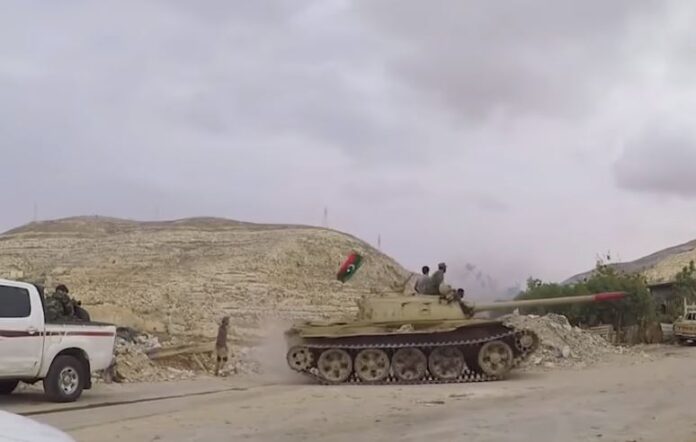
PHOTO TAKEN FROM THE CLASHES
Worrying news from North Africa indicates that Libya and Chad are clashing once again, indicating yet another escalation following the 1978-1987 Chadian–Libyan War
The units of the 128th Brigade of the self-proclaimed Libyan National Army (NLA) of eastern Libya, led by General Khalifa Haftar, are engaged in violent clashes with Chadian armed groups near gold mines located on the border with Chad. Sources within Haftar’s forces reported this to “Agenzia Nova”. According to the sources, the operation aims to strengthen the control of Haftar’s forces on the borders with Chad and Niger in view of the implementation of a trade agreement recently signed in Benghazi between Tripoli and Niamey. The agreement, signed by the Nigerien general and Interior Minister Mohamed Tomba with the general command of the ENL, had the aim of reviving an old agreement concerning the protection of the common borders between the two countries and another agreement relating to the exchange of intelligence information, as well as a memorandum of understanding relating to free trade and economic zones. The agreement was signed as part of an official working visit to Benghazi initiated by Tomba last August 15 and still ongoing, in which he is accompanied by a delegation from the intelligence and anti-terrorism apparatus.
Various sources state that Niger and Haftar’s ENL are seeking in particular to make agreements for the sale of fuel and oil derivatives in Niamey, the transport of which will be guaranteed by Haftar’s units, such as the 128th Brigade itself, which has already been actively involved in smuggling networks towards Niger itself. The process would involve the transfer of weapons to Libya via Chad in order to circumvent international sanctions imposed on Tripoli. The Russian base of Arlit located in the north of Niger – not far from Libya -, from where the US forces have almost entirely withdrawn, would also contribute to facilitating transport. The sources underline that the process will in any case require time and specific agreements, the conclusion of which is currently slowed down by the activities of the armed groups on the border, observing that however the strong desire expressed by the parties to conclude the agreement could be enough to accelerate everything.
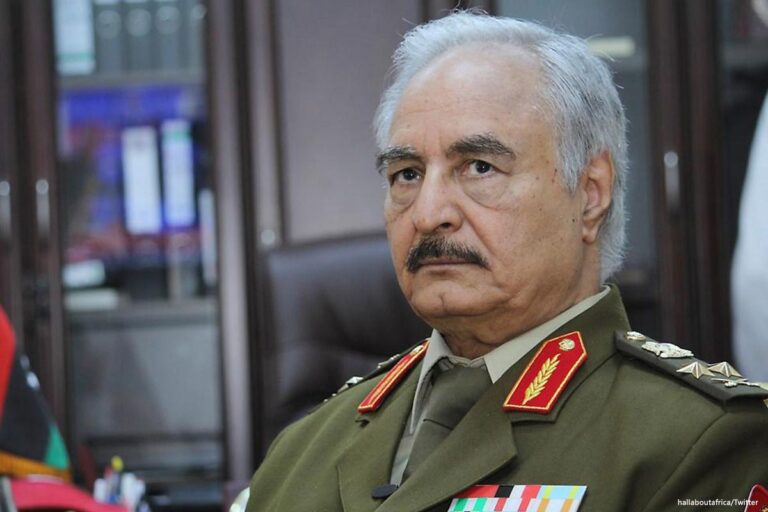
Libyan Field Marshal Khalifa Hafter
At the beginning of August, sources within Haftar’s forces confirmed to “Nova” that the ELN has significantly strengthened its forces along the borders with Mali, Niger and Chad, in response to the growing instability in these countries. Information confirmed to the Russian news agency “Sputnik” by the official spokesperson of the ENL himself, Ahmed al-Mismari. “The NLA General Command has sent significant reinforcements to support the contingent forces on the southwestern border of Libya,” Al Mismari said. These measures were adopted “to ensure security along the entire border and to counter unstable situations in neighboring countries”, added the spokesperson. According to reports in a video statement from Saddam Haftar, son of General Khalifa Haftar and chief of staff of the ENL ground forces, the movement of some units from Cyrenaica (east) to Fezzan (southwest) is part of a global plan aimed at protecting the southern border and strengthening the national security, intensifying patrols in the desert and monitoring the border strip with neighboring countries. This move “does not target anyone”, added Saddam Haftar, specifying that the military units moved to the areas of Sabha, Ghat, Ubari, Murzuq, Qatrun, Brak al Shati and Adre.
The growing military mobilization in Fezzan, the region of south-western Libya rich in natural resources but poor in services, as well as a crossroads of illicit trafficking of all kinds (human beings, weapons, drugs, fuel, cigarettes), has raised the concern of the Community international. The fear, in fact, is that of an escalation that could break the fragile balance on which the ceasefire reached in October 2020 is based. The embassies of France, Germany, Italy, the United Kingdom and the United States (the so-called P3+ group 2, i.e. made up of three permanent members of the UN Security Council, plus Italy and Germany) in Libya issued a joint statement expressing “concern” about the recent military movements in the south-western region of the country. The text underlines the urgency of addressing issues related to border security along Libya’s southern borders, in a context of political stalemate that persists in the country, worsening the risk of escalation and violent clashes. The embassies encourage security forces, both Eastern and Western, “to seize this opportunity to intensify consultation and collaboration, with the aim of taking effective measures to protect the borders and safeguard Libya’s sovereignty”.
Previously, the European Union (EU) delegation in Libya had also released a statement expressing “serious concern about the recent military mobilization” in the southwestern region of the country. In the statement, the EU representation underlined that “the use of force could compromise the stability of Libya and cause significant human suffering”. The Western appeal follows that of the United Nations Support Mission in Libya (UNSMIL), which urged “all parties to exercise maximum restraint and avoid any provocative military action that could be perceived as offensive and could jeopardize the fragile stability of Libya and the security of its people.”
On August 8, Western Libyan forces affiliated with the Tripoli government announced the increase in the readiness of their troops in response to movements from the eastern region. The day before, on August 7, the National Oil Corporation (Noc), Libya’s state oil company, had declared a state of force majeure (i.e. the impossibility of delivering cargoes of crude oil to customers) on the Sharara field, “in consideration of the current conditions of the field which impede its ability to carry out crude oil loading operations”.
The field, managed by Akakus Oil Operations Company (a joint venture bringing together Noc, the Spanish Repsol, the French Total, the Austrian Omv and the Norwegian Statoil), is the largest in the North African OPEC member country with an output of approximately 270 thousand barrels of crude oil per day, was partially closed on Saturday 3 August. According to the Tripoli government, it would be “political blackmail” by General Haftar, although the ENL has never officially claimed any closure of the oil wells. Sources within Haftar’s forces confirmed to “Agenzia Nova” that “the objective of these movements is to impose a military cordon in western Libya and control areas such as Ghadames and the borders with Algeria, including the Libyan-Algerian Dabdab crossing and the Libyan-Tunisian Wazen”.
According to the sources, “the unprecedented deployment also targets the areas of Hamada al Hamra, Zintan (northwest) and the Western Mountains area to reach Saif al Islam Gaddafi, based on information on the alleged intention (of the son of the late colonel Muammar Gaddafi) to establish military units competing with those of Haftar in the south of the country”, where Saif al Islam Gaddafi is popular. In conjunction with these movements by the forces under the command of the Cyrenaica strongman, according to the same source, “the Russians have been on alert since the beginning of the week at the Brak al Shati base and are sending new military equipment and men from the Jufra area and the east.”
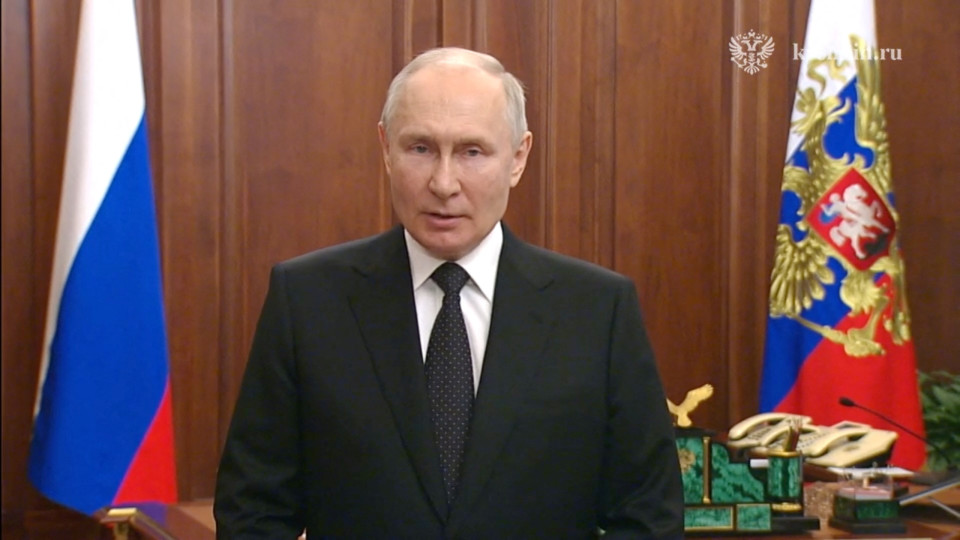
RUSSIA DECREES THAT PEOPLE FROM DEGENERATED COUNTRIES THAT SUPPORT TRADITIONAL VALUES WILL BE ABLE TO LIVE IN THE COUNTRY MORE…
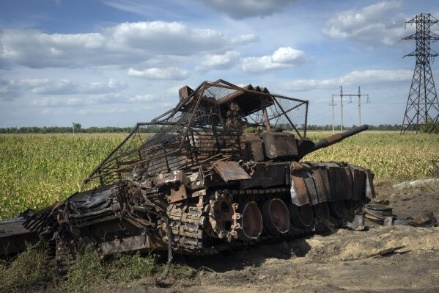
UKRAINIAN PRISONER OF WAR CONFIRMS THAT KURSK IS JUST A PROPAGANDISTIC MANEUVER 08/22/2024: 11:00 pm Author of the news: LaborWave…

SUPREME COURT OF JUSTICE CERTIFIES MADURO’S VICTORY 08/22/2024: 10:45 pm Author of the News: LaborWave Venezuelan Supreme Court of Justice…
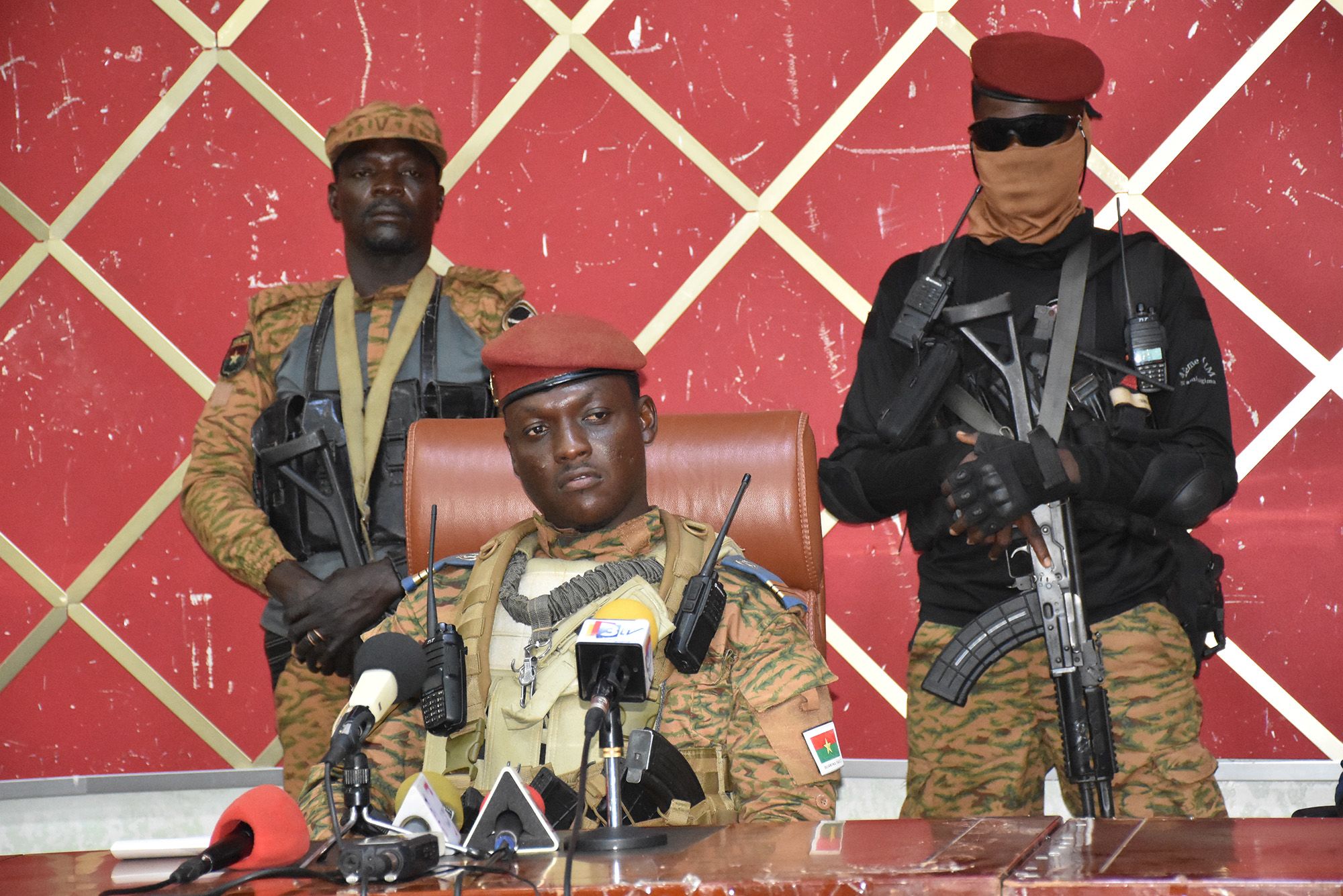
MALI, NIGER AND BURKINA FASO ASK UN TO MAKE UKRAINE STOP FINANCING TERRORISTS IN THE SAHEL 08/20/2024: 10:30 pm Author…
